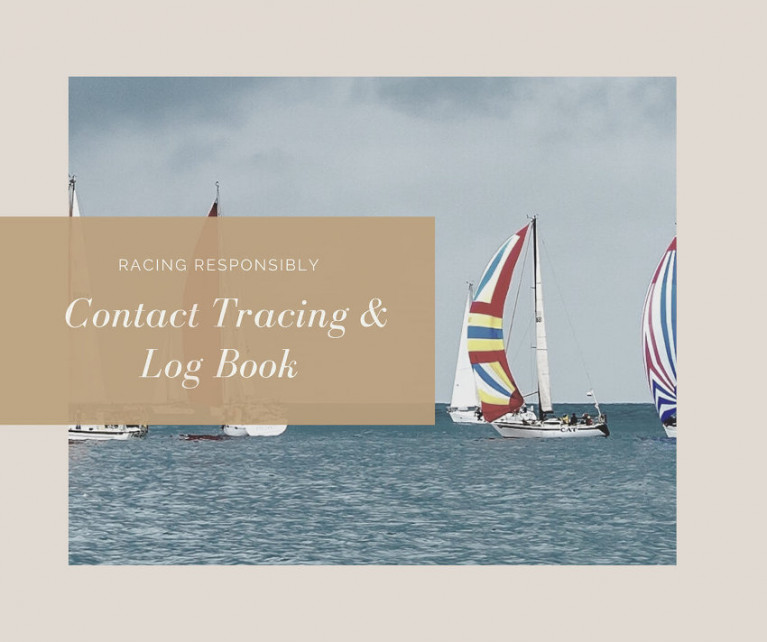Displaying items by tag: Log Books
2022 Salmon & Sea Trout Angling Logbooks Are Due for Return Shortly
Salmon and sea trout anglers who fished during the 2022 season are being reminded to return their logbooks and any unused gill tags at the end of the season.
Inland Fisheries Ireland (IFI) is encouraging such anglers to return their angling logbooks — setting out their fishing and catch record — and any unused gill tags from 2022 if they have finished fishing for this year or once the season has closed.
Under the Wild Salmon and Sea Trout Tagging Scheme, anglers can return these in one of three ways:
- Using the postage pre-paid business return envelope that was supplied at the time of licence purchase (preferred option).
- Posting the logbook and unused gill tags to the Inland Fisheries Ireland office address that is displayed on their licence or logbook.
- Scanning and emailing logbook and licence documents to IFI at [email protected]. Important: if you are choosing this option, please scan all sides of documents, including continuation pages, to ensure that the licence names and number can be correctly linked to the logbook.
On average, 70% of anglers in Ireland return their logbooks and these returns provide vital information regarding the status and management of our wild Atlantic Salmon and Sea Trout stocks into the future.
In accordance with the Wild Salmon and Sea Trout Tagging Scheme, anglers in Ireland are required by law to return their completed logbook and all unused tags to the issuing office of IFI within seven days of licence expiry, and no later than Wednesday 19 October.
As part of the scheme, an angler must attach a valid gill tag to a salmon (any size) or sea trout (over 40cm) harvested, immediately on landing. They must enter details of their catch and/or gill tag used into their logbook.
Questions or queries should be directed to [email protected] and IFI says it will respond as quickly as possible.
Ensure Responsible Racing With A Log Book From Viking Marine
The return of racing at yacht, sailing and boat clubs around Ireland this week is hugely welcomed by all.
But as pointed out on Afloat.ie last Friday, we are being asked to make safety of a new kind our priority while coronavirus remains a threat.
Contact tracing of all crew is a critical part of this in order to prevent any return to lockdown and keep boats on the water this year.
There’s no better way to do this than with a log book from Viking Marine, with plenty of space to record the details of your journeys afloat — including those invited aboard. See the Viking Marine range HERE.





























































